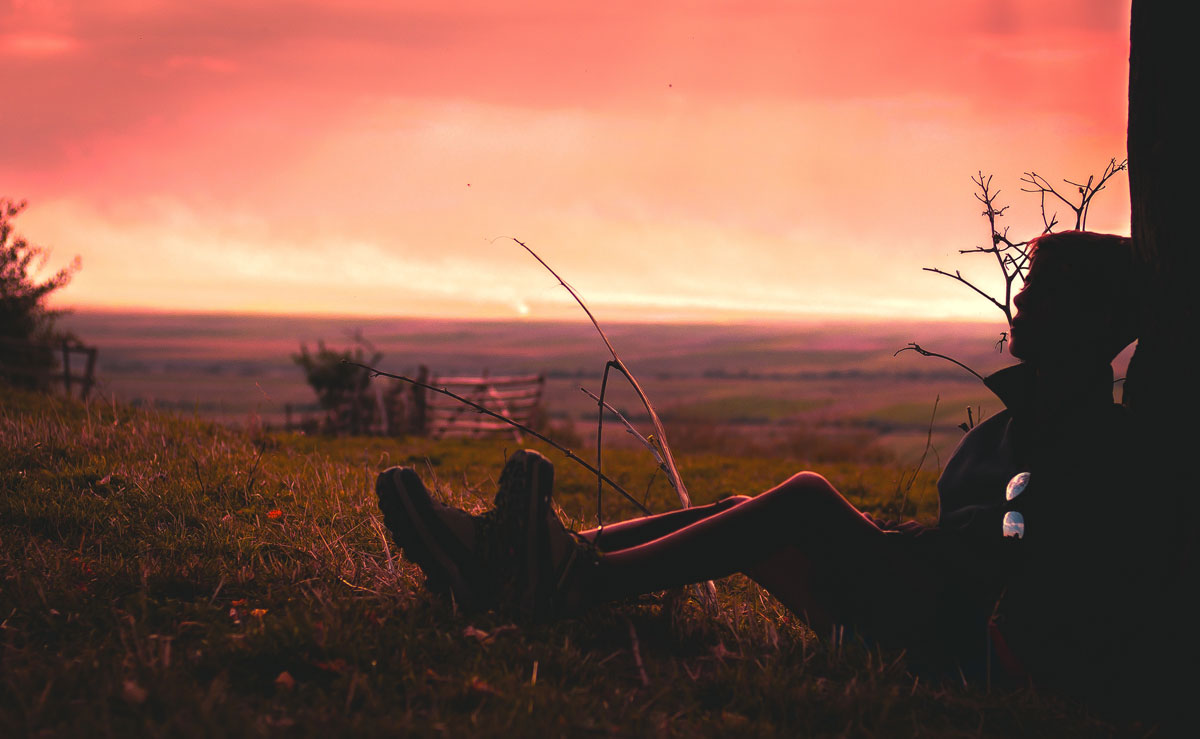For years I have read the works of Joseph Campbell. A comparative mythologist who introduced me to the intersections of Philosophy, theology and mythology. Campbell was one on those great original thinkers of history. Early in his life, he studied intensely to gain his doctoral degree. However, upon realising that he couldn’t publish what he had learnt and what he thought, but could only publish what others thought he should publish, he quit his degree and commenced his own lifetime of research, reflection, study and publication. Whilst his work may not necessarily be easy to read, it is nonetheless a rich and rewarding experience, offering profound insights into these great branches of knowledge.
He spoke often of the need for a sacred space. A space where one could go that had nothing to do with secular society and its desire for facts, figures, numbers, data, reports, evidence, efficiency, effectiveness and opinions. Rather, it was a space, any space, where we could simply be ourselves in the most essential way.
Sacred spaces can be places that we most connect with. Usually, but not always, they involve some connection with nature, aesthetics or a place that evokes fond memories. It can also be a place of great simplicity. Campbell said that his sacred space was anywhere where he could lay out his books, gather his thoughts, reflect and write.
Wherever we define our sacred space, it will be characterised by the evocation of a deep sense of happiness and joy. A place that lets us experience our own will, our own intentions, our deepest wishes, and for many, a connection with our divinity. Campbell said that everyone was in need of such a place, whether or not we realised this. I think this is true.

Life places so many demands upon us to be a certain way, to think a certain way, to live a certain way. Anthony Giddens, a prominent sociologist and leading thinker on modernity (the period of history extending from the emergence of the enlightenment period through to today) describes modern day life as like being caught up in a juggernaut. Most people would have heard of this metaphor. A “Juggernaut” is the anglicized name for the Hindu god Jagannath, the “Lord of the Universe.” In the western context, it is used as a metaphor to describe a runaway engine of enormous power which, collectively as human beings, we can drive to some extent, but which also threatens to rush out of our control, crushing those who resist it. Sound familiar?

Of course, fulfilling our dharma, or life purpose, is important. Participating in society is a big part of life, and I would contend, a necessary part. I’ll say more about this in a future blog, but for now the point I’d like to make is that when the juggernaut takes over, its time to seek refuge. Hence the need for sacred spaces.
According to both Aristotle and the Buddha, life’s experiences teach us about the virtues, the basis of a good life, and the opportunity to develop wisdom from those experiences. Unfortunately, in today’s modern society, with all of its pressures and complexities, we seldom take any time out to reflect or contemplate those experiences. We rarely, if ever, take time out to just be ourselves in a truly authentic way. Sacred spaces give you that opportunity.

So, as Joseph Campbell so rightly asserted, everyone needs a sacred space. Bless yourself with the opportunity of finding that ‘corner of the world’ where you can just be. Sit in the presence of blissful silence of mind, and just absorb whatever it is you sense that brings you happiness and joy. You never know, you may even find yourself sitting in that space of the ‘blissful silence of knowing!’
